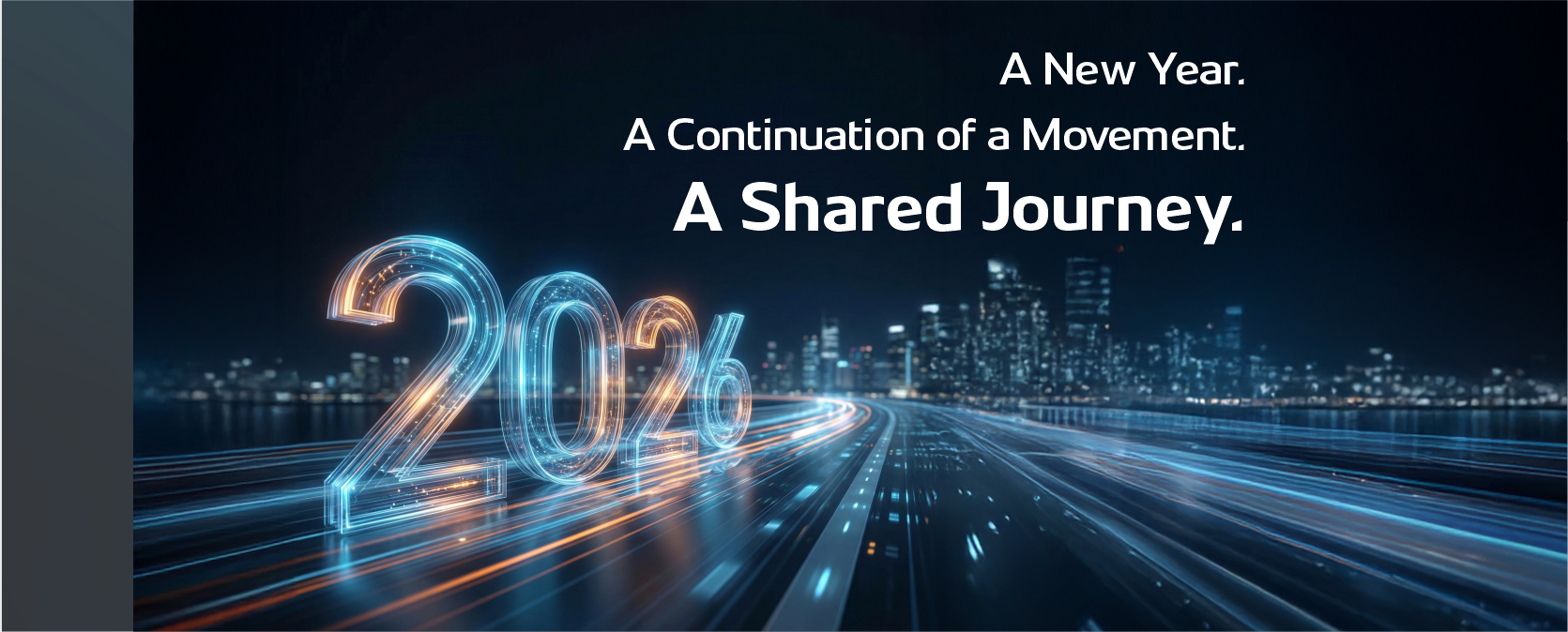
7 focus areas in Rental Asset Management
In business, as in life, the only constant is change. For today’s Rental Asset Managers, however, that change is happening a little faster than usual.
The industry is widely acknowledged as having entered an important, transformative phase driven by technological advancements, changing expectations, evolving regulations, and a growing emphasis on customer service and profitability.
In order to survive (and ideally thrive) in these new waters, rental asset managers are having to embrace change on a number of levels. This article explores seven of the most critical focus areas as you transition, and how to navigate these in order to optimise operations, make the most of emerging opportunities, and deliver consistently exceptional value to tenants and investors, alike.

1. Investor Needs & Expectations
For decades, rental asset managers have focussed largely on the nuts and bolts of their duties: finding tenants; collecting rent; and managing maintenance, arrears, and lease agreements. These services, while essential, aren’t obviously linked to the core needs of investors (as they perceive them). Namely: optimising ROI, reducing risk, growing portfolios, and accessing accurate reports and insights in order to make smart investment decisions.
As a result of this perceived disconnect between solutions and expectations, many investors have become disillusioned with traditional rental managers – or rental administrators. Instead, they are seeking a more modern, outcomes-focused investment experience that mirrors that of their other asset classes.
To remain relevant, valuable and valued, rental asset managers need to refocus on delivering a clear picture of WHAT they’re achieving for investors, rather than HOW they’re achieving it.
2. Technology & Automation
The integration of technology and automation has revolutionised rental asset management. By embracing end-to-end tools like WeconnectU, asset managers are able to virtually eradicate repetitive, time-consuming tasks, while improving efficiency, accuracy and client satisfaction.
This is a critical tool for enabling managers to refocus their efforts on relationship-building and meeting investors’ asset management expectations. It also empowers them to add value by putting the full power of data analytics, AI and machine learning behind their solutions. Hello, data-driven decision-making, predictive maintenance and personalised communications and services. Goodbye, broken telephone, reactive management, and opaque workflows and performance metrics.
3. Tenant Retention & Experience
Investors aren’t the only ones today’s rental asset managers need to impress. Tenant retention also plays a critical role in successful rental portfolio management. By prioritising tenant relationship management and experience, property managers can reduce turnover rates, minimise vacancy periods and maximise investment yields.
What does a good tenant experience look like in today’s rental landscape? It starts with a safe and attractive living environment, supported by timely communication, proactive maintenance, fair rental escalations, and consistently quick response times to tenant repair requests.
The right technology can make this process dramatically easier, enabling rental managers to cultivate a positive reputation and subsequently attract (and retain) higher quality tenants.
4. Regulations & Compliance
Rental asset management is subject to a complex web of regulations and compliance requirements, which continue to evolve as time goes by. It takes intentional effort to stay up to date on this shifting legislative environment, with very real consequences for falling short.
Software solutions like WeconnectU make it much easier to shoulder this new administrative burden thanks to built-in compliance workflows and checklists that are actively updated to reflect the latest legislation. Owners and managers should still remain informed on changing laws, but have the added reassurance of knowing their technology tool suite actively supports and enhances their compliance efforts.
5. Data Security & Privacy
As technology and data have become more important in rental asset management, so too has data security and privacy. Sensitive information like tenant details, financial records and legal documents must be safeguarded at all costs – particularly in light of data protection regulations like the CPA and POPIA.
As a result, robust cybersecurity features like firewalls, encryption and cloud storage have become a critical focus area for today’s asset managers. Ensuring the right protections are in place is much easier with the help of cloud-based property management software solutions like WeconnectU, which prioritises data security, offering secure platforms and regular system updates.
6. Property Maintenance & Inspections
Regular inspections and maintenance have always been key to preserving the value, safety and appeal of rental properties. However: traditional, reactive maintenance models are no longer enough to stand out from the competition. Rather, today’s leading property asset managers are embracing a proactive approach to property maintenance, leveraging technology to streamline processes and get ahead of potential issues before they escalate.
Property management tools like WeconnectU and RedRabbit assist not only with inspections, but also tracking maintenance requests, scheduling preventive maintenance, and managing vendor relationships efficiently. They make it easy to implement a comprehensive maintenance plan, including regular inspections, repairs and upgrades, helping to reduce costly emergency repairs, minimise tenant complaints, and foster tenant satisfaction. That’s a competitive edge worth having!

7. Pro-Growth Business Structure
With all the other changes going on in rental asset management, it stands to reason that some organisational restructuring could be beneficial. Indeed, research has proven that the old-school, property-manager-does-it all mentality has become not just suboptimal, but genuinely disadvantageous.
Rather, business models that spread the load across a Management Team, dedicated Asset Managers, Investor Relationship Manager, and Sales teams have shown far superior results in terms of efficiency, service quality, sustainability, and investor and tenant experience.
This type of business model does rely on the ability to collaborate and communicate effortlessly and transparently – something far easier to achieve when using a unified, end-to-end property management solution. Done right, however, it unlocks significant growth potential through exponential improvements to scalability and, subsequently, profitability.

Conclusion
For rental asset managers, change isn’t just happening – it’s already happened. Those who are willing and able to adapt are already reaping the rewards, while those who are not are falling further and further behind their competitors.
The modern reality is that technology is no longer a nice to have. It’s an essential ticket to a seat at the table. Get in touch to find out more about how WeconnectU can support your transition to the future, or download our free Rental Portfolio Insights eBook to learn more about what’s happening at an industry level.






